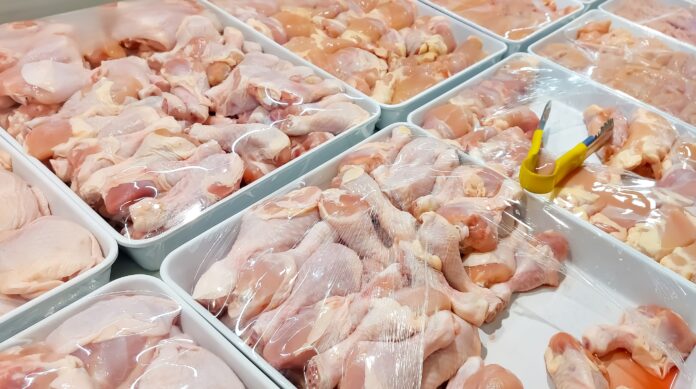The Department of Agriculture (DA) has directed the Bureau of Animal Industry (BAI) to establish new inspection sites for livestock, poultry, and meat in Metro Manila and its surrounding areas. The directive strengthens measures against the spread of animal diseases, including the African swine fever (ASF) and avian influenza.
In a statement, the DA said the BAI, through the National Veterinary Quarantine Services Division, will coordinate with local government units to set up quarantine checkpoints to detect and control disease outbreaks. The initiative follows the issuance of Administrative Circular No. 10 earlier this month.
“These inspection sites should serve as a defensive wall against the spread of animal diseases that threaten not only the local livestock and poultry industries but also public health and food security,” said Agriculture Secretary Francisco Tiu Laurel Jr.
The DA said the ASF, which first hit the Philippines in 2019, has seen a resurgence in the Calabarzon region, with new outbreaks continuing in other previously affected areas. Meanwhile, avian influenza remains a persistent threat to the poultry sector.
In addition to the new inspection stations, BAI has been tasked with evaluating potential gaps in quarantine controls to ensure the integrity of border management. The DA emphasized the need for stringent disease management protocols, given the devastating economic impact of ASF, AI, and other animal diseases on the country’s agriculture sector.
As of November 8, 2024, BAI reported that ASF is currently active in six regions, affecting 20 provinces, 104 municipalities, and 465 barangays. Additionally, as of November 15, 2024, avian influenza has been reported in four regions, seven provinces, 51 municipalities, and 134 barangays. However, BAI’s latest data notes that only Central Luzon, specifically San Luis in Pampanga, is dealing with an active case of avian influenza, which is affecting ducks on a single farm.
This expanded effort to curb the spread of these diseases underscores the DA’s commitment to safeguarding both the local livestock and poultry industries, as well as ensuring food security for the country.







